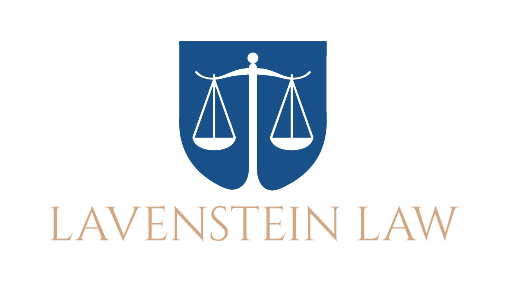By: James Witherspoon
[ad_1]
Much of what people learn about the law and legal definitions does not always come from the most reliable sources. Movies and television shows that depict legal proceedings or criminal investigations may be captivating, but they can also be misleading. In a number of different situations, it is important to know the difference between legal terms and their implications. Burglary, robbery, and theft are three different types of charges in the eyes of the laws and each carries a specific meaning.
Entry and intent are the two most important elements in understanding burglary. This type of action indicates that a person has entered a building, home, or other structure unlawfully with the intent to commit a crime. The one significant exception to the definition of a structure is an automobile. Furthermore, the entry involved in a burglary does not have to be forceful in order to be considered illegal. The intent of the entry is crucial to classifying an action as a burglary.
Unlike burglary, robbery is defined by the interaction with the victim. Burglary must involve an illegal entry, while robbery does not have that qualification. A person may legally enter a home, store, or other structure and commit a robbery. In many states, robbery requires that something is forcefully taken from a victim. This intimidation, violence, or harmful interaction between the parties involved is essential to a robbery.
Theft, which is also often referred to as larceny, has similarities and differences to both burglary and robbery. This type of action must also involve intent to commit a crime but does not involve an illegal entry. Larceny is the type of charge that is typically applied to activities like breaking into a car or fraud.
[ad_2]
Source













